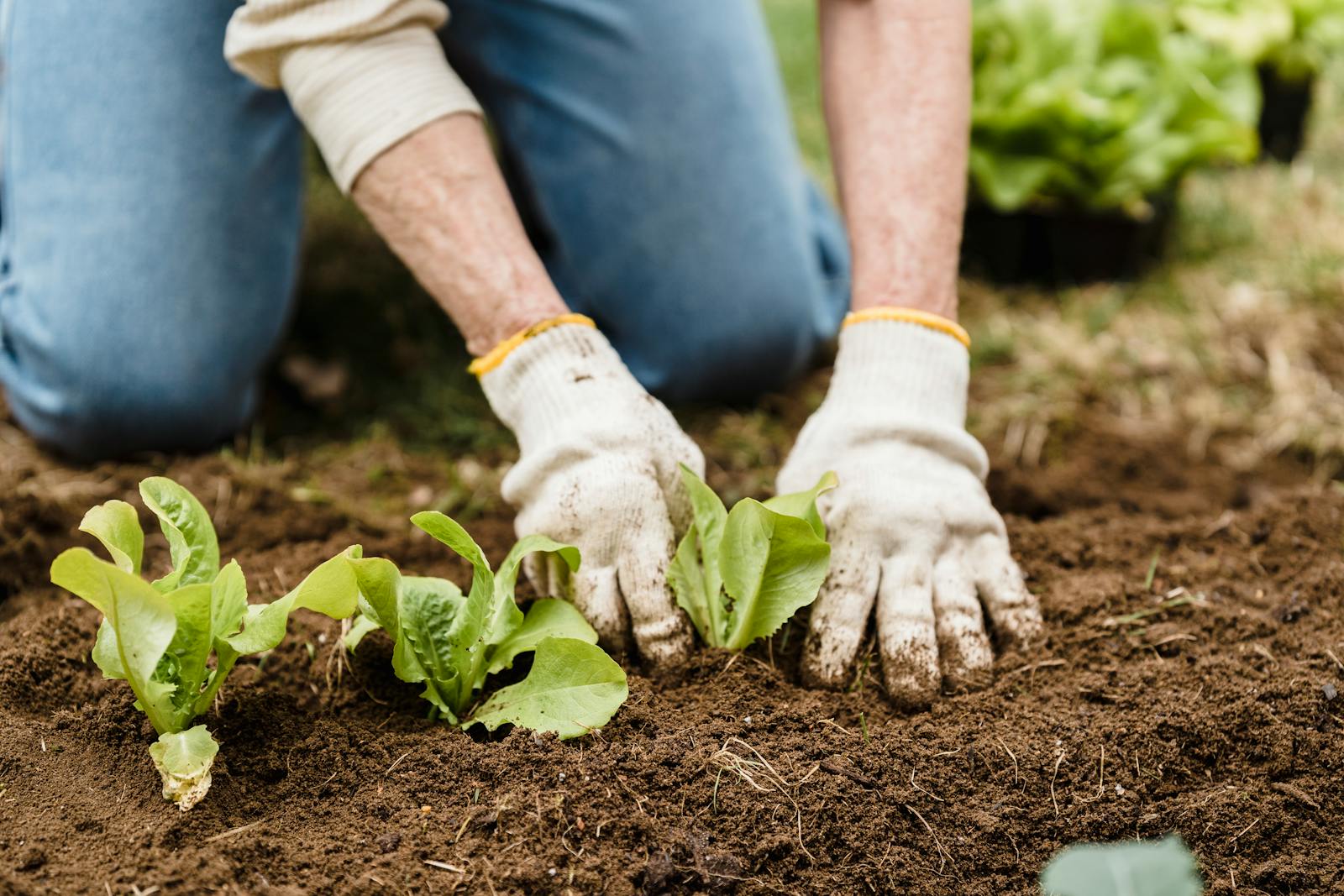Growing your own vegetables can be a rewarding and fulfilling experience. However, to ensure healthy and bountiful harvests, it is crucial to provide your plants with the right nutrients. Choosing the best fertilizer for your vegetable garden plays a vital role in promoting plant growth, improving soil fertility, and maximizing yields.
Understanding Nutrient Requirements
Before delving into the best fertilizers available, it is important to understand the nutrient requirements of vegetables. The three primary nutrients that plants need are nitrogen (N), phosphorus (P), and potassium (K). These macronutrients play different roles in plant growth:
- Nitrogen (N): Promotes leafy green growth and enhances overall plant vigor.
- Phosphorus (P): Stimulates root development, flowering, and fruit production.
- Potassium (K): Improves disease resistance and strengthens stems.
Organic Fertilizers
If you prefer natural methods of gardening or aim for organic certification, organic fertilizers are an excellent choice. They are derived from natural sources such as composted manure, bone meal, blood meal, fish emulsion, or seaweed extracts.
Organic fertilizers offer several benefits:
- Slow Release: Organic fertilizers gradually release nutrients over time as they decompose naturally. This ensures a steady supply of nutrients without the risk of over-fertilization.
- Soil Health: Organic fertilizers improve soil structure by increasing its ability to retain moisture and enhance microbial activity.
- Environmental Friendly: Organic fertilizers are sustainable and do not harm the environment or pollute water sources.
However, organic fertilizers may have lower nutrient concentrations compared to synthetic options. Therefore, it is essential to apply them in larger quantities and monitor nutrient levels regularly.
Synthetic Fertilizers
Synthetic or chemical fertilizers are manufactured through industrial processes. They are typically formulated to provide precise amounts of nutrients required by plants. Synthetic fertilizers offer the following advantages:
- Precision Nutrition: Synthetic fertilizers allow gardeners to control the exact amount of nutrients their plants receive, ensuring optimal growth.
- Rapid Absorption: Plants can quickly absorb synthetic fertilizers, leading to fast results in terms of growth and yield.
- Convenience: Synthetic fertilizers are readily available at garden centers and come in various formulations tailored for specific plant needs.
However, excessive use of synthetic fertilizers can lead to nutrient imbalances and environmental pollution if not applied correctly.
It is crucial to follow recommended application rates and guidelines provided by manufacturers.
NPK Ratios for Different Vegetables
Different vegetables have varying nutrient requirements depending on their growth stage and specific needs. Understanding the NPK ratios needed for different crops can help you choose the most suitable fertilizer:
- Leafy Greens (Lettuce, Spinach): High nitrogen (N) ratio promotes lush foliage growth. Look for a fertilizer with an NPK ratio such as 10-5-5 or similar.
- Fruiting Vegetables (Tomatoes, Peppers): These crops benefit from a balanced mix of nitrogen (N), phosphorus (P), and potassium (K). Consider a fertilizer with an NPK ratio of 5-10-10 or similar.
- Root Vegetables (Carrots, Radishes): Phosphorus (P) is crucial for root development. Choose a fertilizer with a higher phosphorus content, such as an NPK ratio of 5-20-10.
Choosing the best fertilizer for your vegetable garden depends on your gardening preferences and the specific needs of your crops. Organic fertilizers provide slow-release nutrients and promote soil health but may require larger quantities.
On the other hand, synthetic fertilizers offer precise nutrition control and convenience but should be used cautiously to avoid over-fertilization.
Remember to consider the NPK ratios required by different vegetables to ensure optimal growth and yields.
Ultimately, finding the right balance between organic and synthetic fertilizers can lead to healthy plants, bountiful harvests, and sustainable gardening practices.






